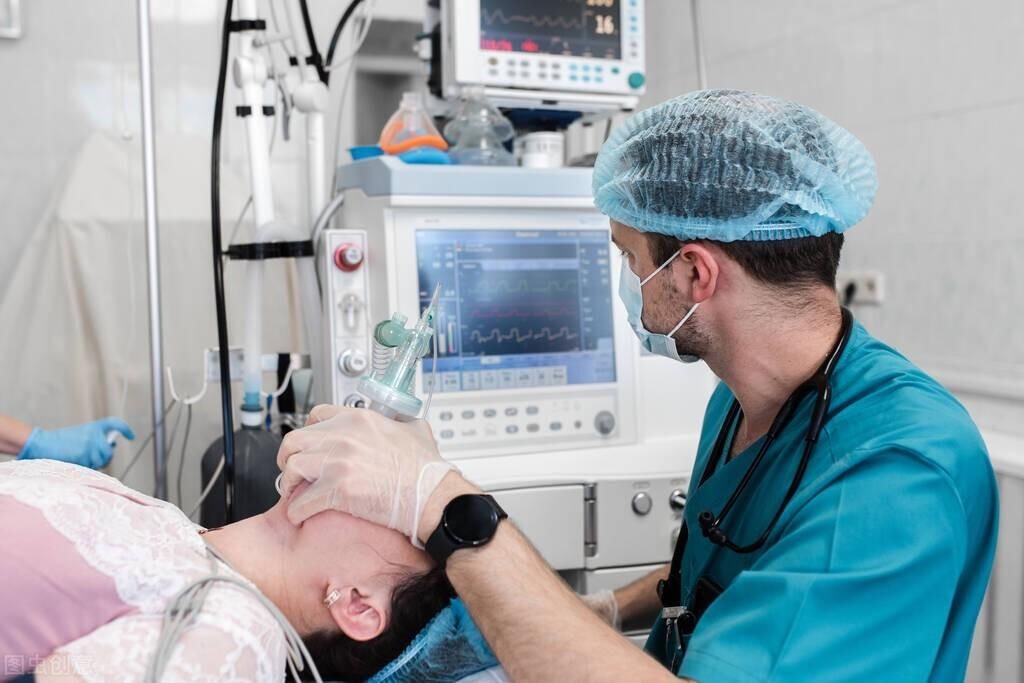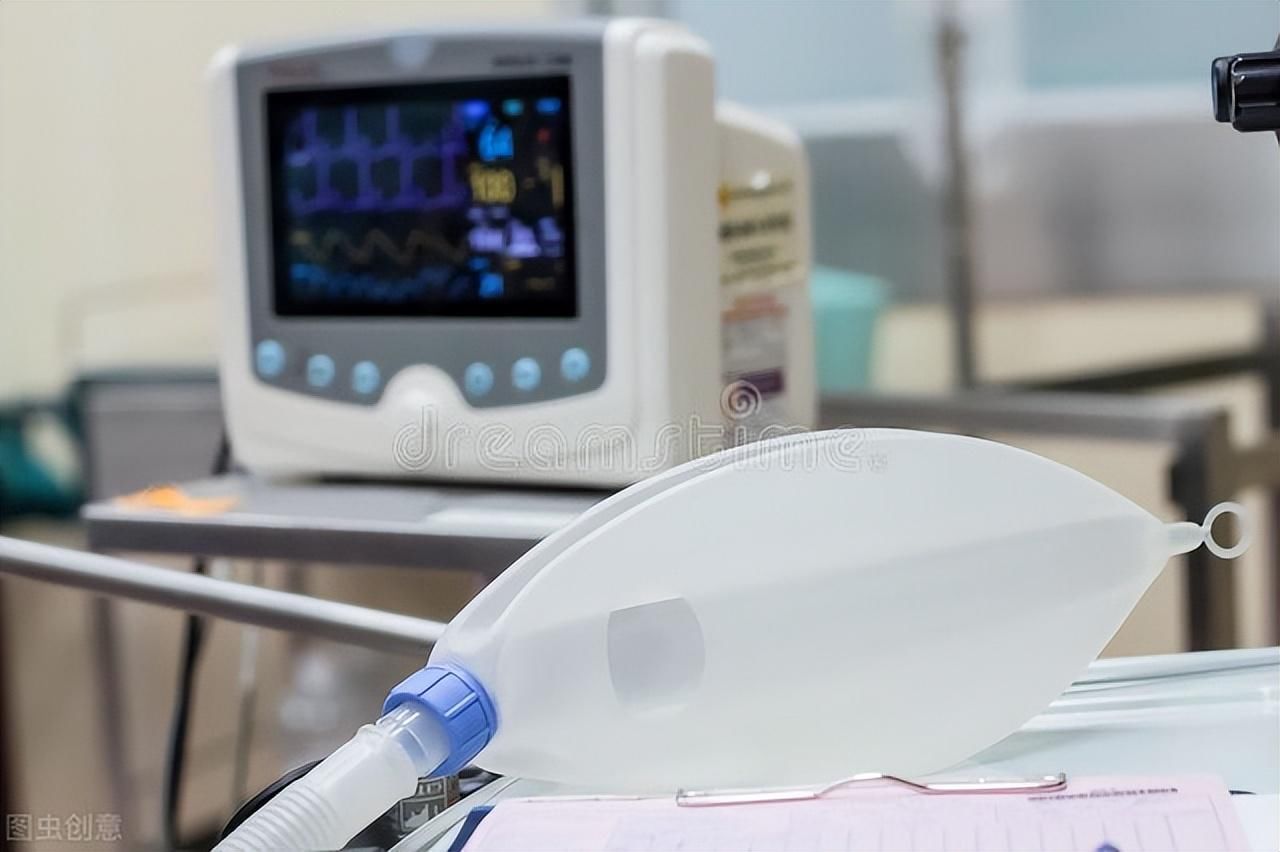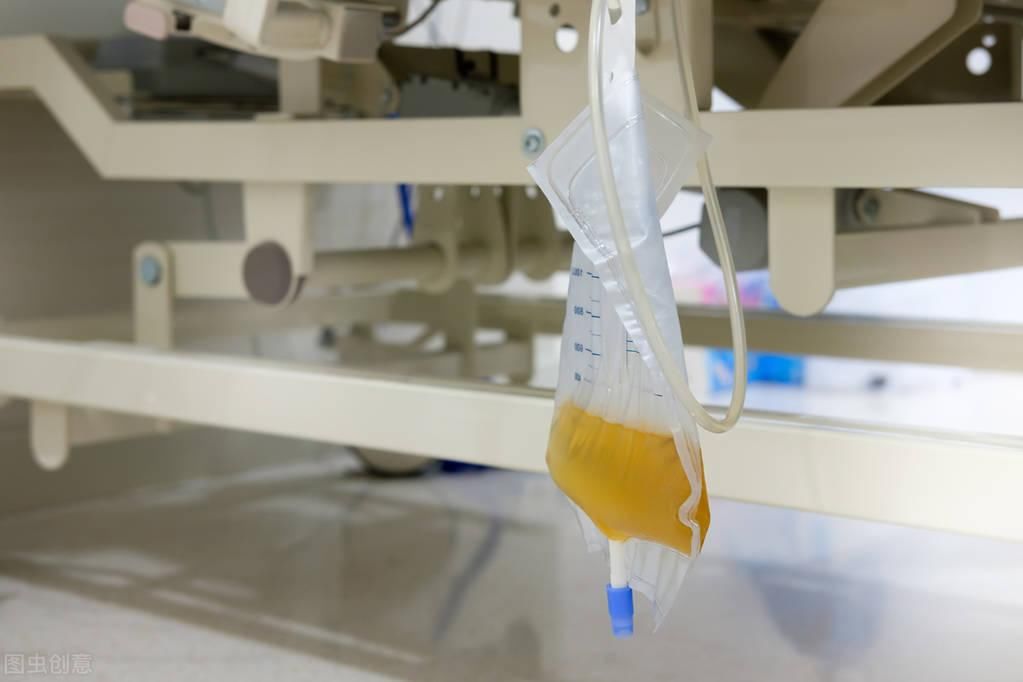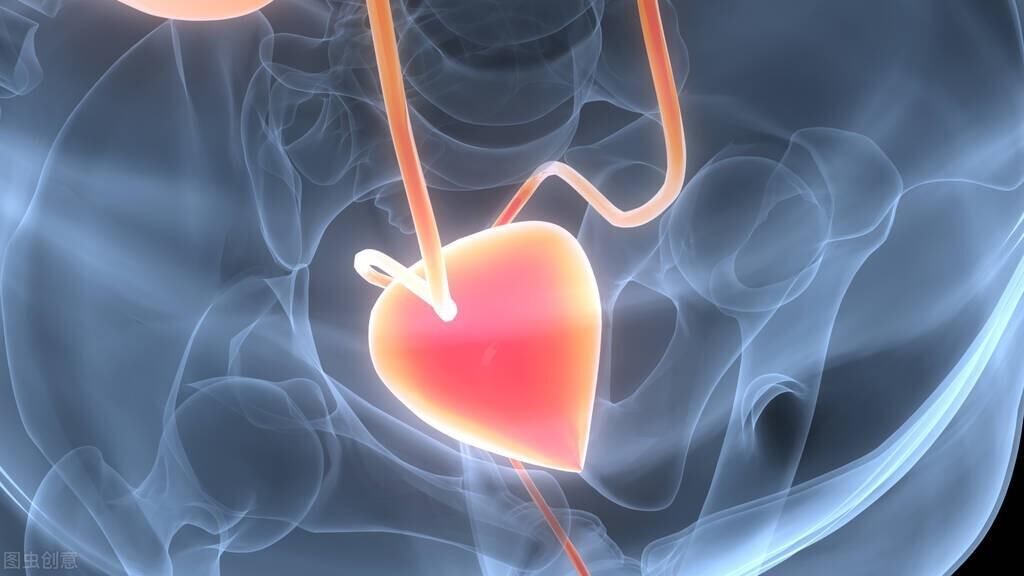As soon as the early meeting was held, the urology department called to urge the patient. It probably means that the patient has stomach pain and needs surgery as soon as possible. Therefore, the operation planned an hour later started ahead of schedule.

This kind of emergency surgery, everyone acted quickly. After a while, the nurse took the patient into the operating room. On the side of the anesthesiology department, Dr. Li has also made all-round preparations.
As soon as the patient came in, everyone rushed up. Some drip, some stick electrode stickers, and some connect various wires. On the side of the anesthesia, he also held the medicine and waited for it to be ready.
Seeing that the drip was done and the vital signs on the monitor were generally normal, Dr. Li began to push the medicine.
However, a few minutes later Dr. Li noticed something abnormal. On the monitor, blood pressure drops at a rate visible to the naked eye. This drop, obviously, should not be caused by anesthetics.

Recall that the patient does not have high blood pressure and is not taking antihypertensive drugs! heart disease? Even more unlikely, the preoperative electrocardiogram and cardiac ultrasound were normal. Massive blood loss? Impossible!
Between the lightning and flint, Dr. Li quickly injected the patient with a booster. Anyway, let’s get the blood pressure up first. This blood pressure does not give you any time to think.
The blood pressure was measured after pushing the medicine, it was just about 80. Obviously, the normal dose boost is not obvious. However, this blood pressure is no longer so dangerous.
Anyway, put the tracheal tube in first. There can be no problems with both breathing and circulation.
Meanwhile, he let go of both sets of drips. At the time, the fluid flowed into the patient like a thread.
After the catheter was fixed, the blood pressure still did not rise due to catheter stimulation. This means that the cause of low blood pressure has not been completely resolved.

While Dr. Li was looking for clues, he saw that the urine bag just inserted was full of urine .
The urine bag that was about to explode wasn’t the most shocking thing to him. He was shocked, how could it be released so quickly?
Subconsciously, he thought there must be something wrong. Carefully recall the bladder emptying operation process, this is clearly wrong!
Books have always told everyone that the bladder should not be emptied too quickly after intubation. One urination should not exceed 500 ml.
Since there have been no problems, everyone may be indifferent to this request.
What can cause the bladder to empty too quickly?

A sudden reduction in abdominal and pelvic pressure due to the sudden contraction of the enlarged bladder. The capillary network, which is itself controlled by pressure, suddenly becomes unconstrained and expands. Therefore, it will manifest as hypotension. In some patients, the capillary network of the bladder wall may rupture and bleed.
If you have a heart attack, you can also trigger a cardiac event due to a sudden reduction in the preload and preload of the heart.
The more he thought about it, the more scared Dr. Li looked at the changes on the monitor.
Watching the blood pressure rise little by little, I feel really lingering in my heart. In his mouth, he couldn’t help complaining about the nurse who had just inserted the catheter. However, don’t be too harsh. After all, it wasn’t intentional.
I hereby remind everyone that the bladder should not be emptied too fast! The amount of urination should be less than 500 ml each time!
[Warm reminder] Please pay attention, here are a lot of professional medical science, to reveal the secrets of surgical anesthesia for you~